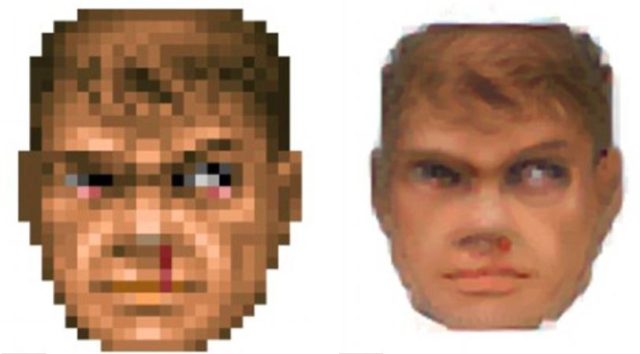
Twitter has bought London-based machine learning outfit Magic Pony Technology, as it moves to bolster its video and image-sharing output.
The micro-blogging site has reportedly dropped $150 million (~£102 million) on Magic Pony, which offers tech that apparently improves low-quality pictures and videos on the fly by recognising patterns and textures.
Twitter's latest buyout represents its third machine-learning acquisition in two years: it scooped up Madbits in 2014, and Whetlab a year later.
"Machine learning is increasingly at the core of everything we build at Twitter," said the firm's chief Jack Dorsey.
"Magic Pony's machine learning technology will help us build strength into our deep learning teams with world-class talent, so Twitter can continue to be the best place to see what's happening and why it matters, first, he added.
"We value deep learning research to help make our world better, and we will keep doing our part to share our work and learnings with the community."
Twitter said Magic Pony had developed algorithms which "can understand the features of imagery," and which will "enhance our strength in live and video," and "open up a whole lot of exciting creative possibilities for Twitter."
In practice, this equates to significant automatic sharpening of video, imagery, and gifs, as well as the ability to extrapolate meaningfully from one small texture into a much larger one. Some examples of the tech are available here.
Magic Pony was founded in 2014 and is made up of graduates from Imperial College London—a team which Dorsey describes as "small but mighty." It includes "11 PhDs with expertise across computer vision, machine learning, high-performance computing, and computational neuroscience." The firm's employees will now join Twitter's Cortex team, functioning as its new European base, and recruiting fresh talent from the area.
Rob Bishop, the British company's CEO and co-founder, told the MIT Technology Review in April that Magic Pony can dramatically improve both low-quality streaming video and material shot in low light on poor smartphone cameras alike, by teaching its neural network how components of images—such as edges, textures, and straight lines—generally work. This allows it to restore resolution to low-res pics and video, or even create convincing new ones.
“Online video-streaming businesses rely heavily on video compression," he said. "Our first product demonstrates that image quality can be greatly enhanced using deep learning, and fast mobile GPUs now allow us to deploy it anywhere.”
reader comments
20